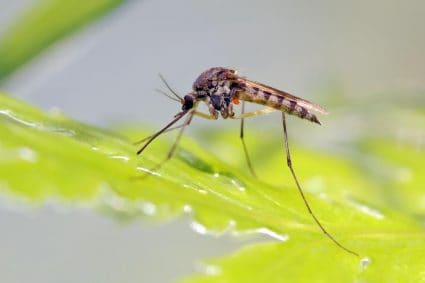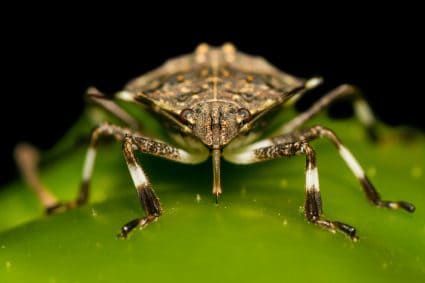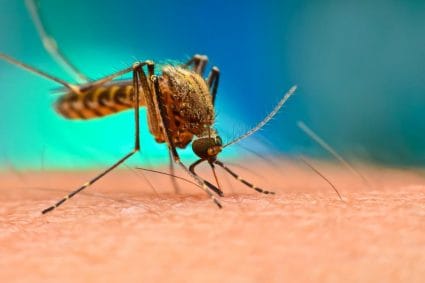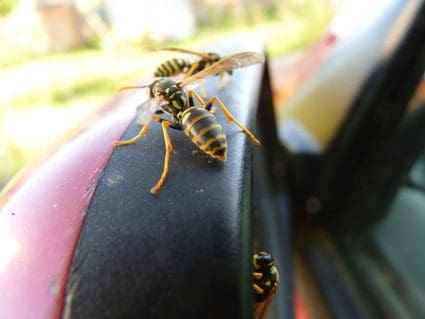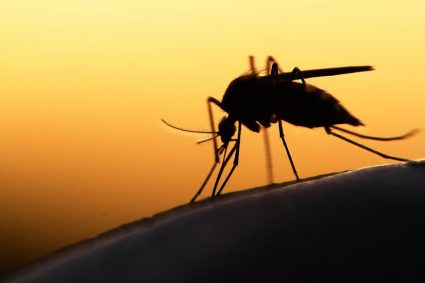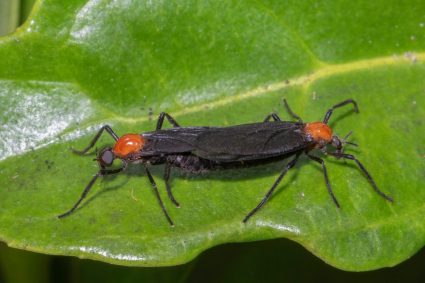
Raccoons, known for their distinctive black mask and ringed tail, are among the most adaptable and successful mammals in North America. One critical aspect of their success is their reproductive cycle. This article will delve deep into the raccoon’s breeding habits, answering the question: when do raccoons have babies?
Raccoons typically have babies in the late spring or early summer, usually between March and June. This is after a gestation period of approximately 63 to 65 days following the peak mating season in March and April. The exact timing can vary depending on the region and weather conditions.
Raccoon Mating Season
The mating season for raccoons generally occurs between January and June, with the peak mating season happening in March and April. However, the exact timing of the mating season may vary depending on the region and weather conditions. For example, in warmer climates like Florida, mating usually takes place in March and April. In contrast, in cooler regions like Manitoba, Canada, the mating season peaks slightly later, from March to June.
Gestation Period and Birth
After successful mating, female raccoons undergo a gestation period of approximately 63 to 65 days. They give birth to a litter of kits or cubs, which can range from one to seven in number, with three or four being the most common number.
The mother raccoon selects a suitable den to give birth and raise her kits. This den can be in a tree cavity, hollow log, or even in more urban environments like attics or abandoned buildings. These dens provide protection and security for the vulnerable young raccoons.
Caring for the Young
Mother raccoons are incredibly protective and caring for their young, ensuring they are safe, well-fed, and taught the necessary skills to survive on their own. They nurse their kits until they are about 2-3 months old, after which they start to wean them onto solid food.
Mother raccoons also teach their kits essential survival skills, such as foraging for food and finding shelter. They start taking their young on food foraging trips when the kits are about two months old, showing them their surrounding environment and teaching them how to find food for themselves.
Survival Rate and Lifespan
The survival rate of raccoon babies into adulthood is estimated at only about 50%. Many young raccoons fall victim to predators, disease, or other threats in their environment. However, those that survive their first year can live 2-5 years in the wild, with some even reaching up to 16 years. In captivity, raccoons can live much longer, with lifespans typically ranging from 13-20 years.
Conclusion
Raccoons have a fascinating reproductive cycle that is heavily influenced by their environment. Understanding when raccoons have babies can help us better manage our interactions with these animals, particularly in urban areas where raccoons have become common. Whether you’re a wildlife enthusiast, a homeowner dealing with raccoon invasions, or just curious, we hope this article has provided you with valuable insights into the life of these remarkable creatures.
Frequently Asked Questions
What do baby raccoons eat?
Baby raccoons, also known as kits, are nursed by their mother for the initial 2-3 months of their life. After this, they are gradually weaned onto a diet of solid food which includes fruits, nuts, insects, frogs, fish, and other small animals.
Are raccoons nocturnal animals?
Yes, raccoons are primarily nocturnal animals. This means they are most active during the night and spend the majority of the daytime hours in their dens.
How do raccoons communicate?
Raccoons communicate using a variety of vocalizations, body postures, and scents. They produce over 200 different sounds, which include purring, growling, hissing, and whistling.
Can raccoons be pets?
While it’s possible to keep raccoons as pets in some places, it’s generally not recommended due to their wild nature, potential to carry diseases, and their complex care requirements. Additionally, in many jurisdictions, it’s illegal to keep raccoons as pets without a special permit.
What are the main predators of raccoons?
Raccoons have several natural predators, including coyotes, bobcats, cougars, and large birds of prey like owls and eagles. In urban environments, the main threats to raccoons are cars and humans.

